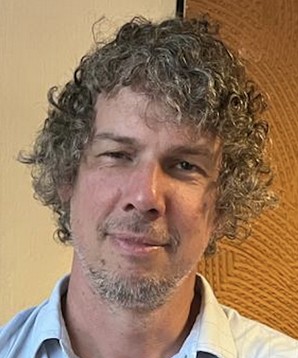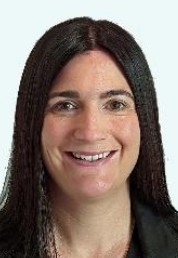LASCAS 2024
An IEEE CASS Flagship Conference
15th IEEE LATIN AMERICAN SYMPOSIUM ON CIRCUITS AND SYSTEMS
February 27 - March 01, 2024
ieee-lascas.org
PUNTA DEL ESTE - URUGUAY
Since its first edition in 2010, LASCAS provides a high-quality exchange and networking forum for researchers, professionals, and students, gathering an international audience with experts from all over the world. This event is a space where the CAS community can present new concepts and innovative approaches, learn about new trends and solutions, and receive feedback from specialists in diverse fields.
The 15th edition will take place in Punta del Este, Uruguay. With its lush landscapes, pristine beaches, and sophisticated amenities, it has established itself as a premier tourist destination in South America. It offers an unparalleled experience, where visitors can immerse themselves in a rich blend of natural beauty and modern luxury. The city is easily accessible by air, with regular flights from major cities in South America, and just 90 minute from Montevideo and its international airport. Punta del Este is ready to receive you. The symposium will cover technical novelties and tutorial overviews on circuits and systems topics including but not limited to:
● Analog and Digital Signal Processing● Biomedical Circuits and Systems● Intelligent Sensor Systems and Internet of Things● Artificial Intelligence and Smart Systems● Nanoelectronics and Gigascale Systems● Electronic Design Automation● Circuits and Systems for Communications● RF Circuits and Systems● Smart Systems and Smart Manufacturing● Power Systems and Power Electronic Circuits● Multimedia Systems and Applications● Life Science Systems and Applications● Electronic Testing● Fault Tolerant Circuits● Nonlinear Circuits and Systems● Cognitive Computing and Deep Learning● Computing and Big Data Applications
Accepted papers will be submitted for inclusion into IEEE Xplore subject to meeting IEEE Xplore’s scope and quality requirements. Best papers will be invited to a special edition of the IEEE Transactions on Circuits and Systems I (TCAS-I) and IEEE Transactions on Circuits and Systems II (TCAS-II). A social program will be offered, including special events and tours to selected attractions for the attendees and their guests.
General Chairs:
Dr. Matías Miguez – UCU, Uruguay.Dr. Pablo Pérez-Nicoli – Udelar, Uruguay.
Program Chairs:
Dr. Maysam Ghovanloo –Silicon Creations, USADr. José Lipovetzky – IB-CNA, Argentina

.jpg)
.jpg)













